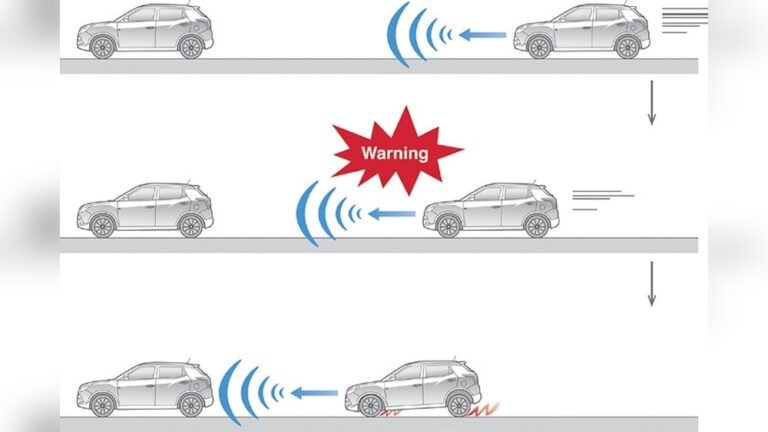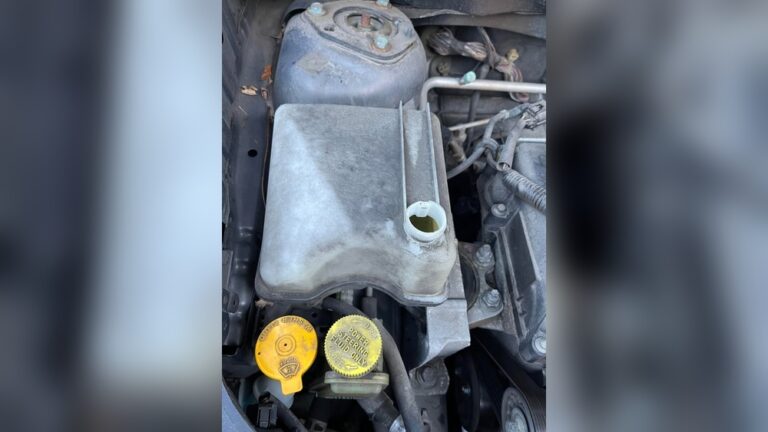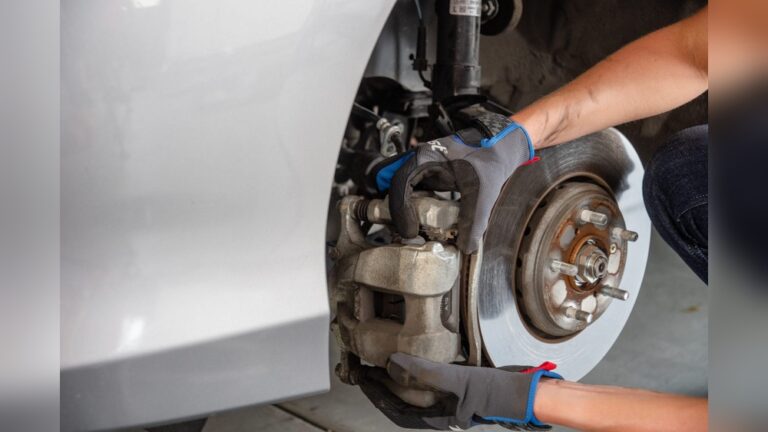If you’ve noticed squeaky brakes or your car isn’t stopping as smoothly as before, it might be time to change your brakes. But how much will that actually cost you?
Knowing the price upfront can save you from surprises and help you make smart decisions for your safety and budget. You’ll discover exactly what affects the cost of changing car brakes and how to get the best value without compromising quality.
Keep reading to protect your car and your wallet.
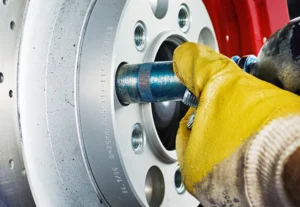
Credit: www.tireworks.net
Brake Replacement Costs
Replacing car brakes is a necessary maintenance task for safety. Knowing the costs helps plan your budget. Brake replacement costs vary widely based on several factors. Understanding these costs can prevent surprises at the repair shop.
Average Price Range
Brake replacement costs usually fall between $150 and $300 per axle. This range covers basic brake pad changes. Premium materials or full brake system repairs increase the price. Some luxury or performance cars may cost more.
Factors Influencing Cost
Car make and model affect brake part prices. Labor rates vary by location and shop reputation. The type of brake pads changes the cost too. Ceramic pads cost more than semi-metallic ones. Rotor condition also matters; resurfacing or replacing adds expense.
Parts And Labor Breakdown
Brake pads typically cost $50 to $150 per axle. Rotors range from $30 to $75 each. Labor takes around 1 to 2 hours. Most shops charge $80 to $150 per hour for labor. Total cost depends on parts and time needed.
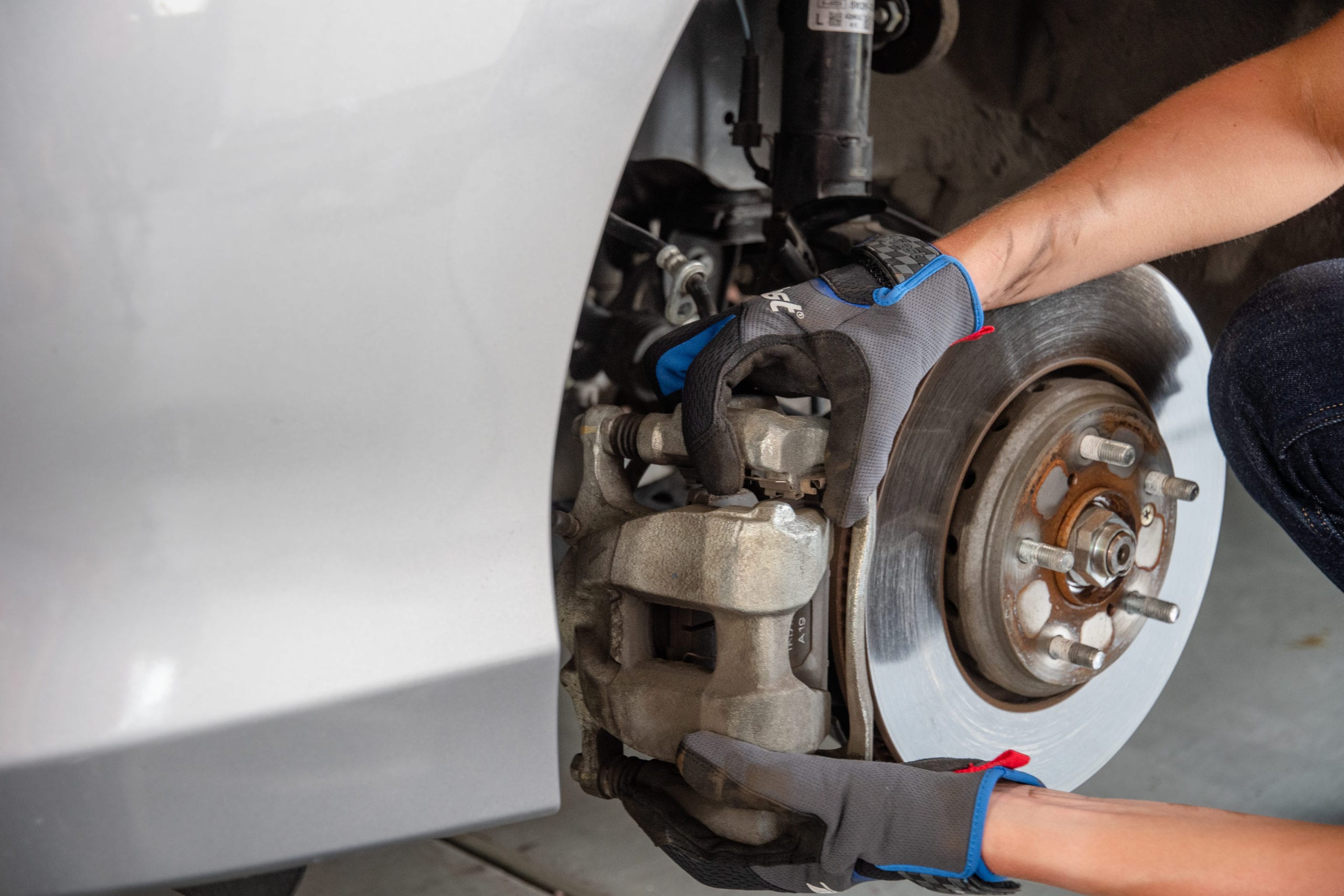
Credit: www.autozone.com
Types Of Brake Components
Car brakes have several key parts that work together to keep you safe. Each part plays a role in stopping your vehicle. Knowing about these parts helps you understand the cost of brake repair or replacement. Here are the main types of brake components you should know.
Brake Pads
Brake pads press against the rotors to slow the car. They wear down over time and need replacing. Pads are usually the cheapest part to change. Their material affects performance and price. Soft pads wear out faster but feel smoother. Hard pads last longer but may cause noise.
Rotors
Rotors are metal discs attached to the wheels. Brake pads clamp on them to stop the car. Rotors can warp or get thin after long use. Replacing rotors costs more than pads. Some rotors can be resurfaced instead of changed. Resurfacing makes them smooth again but is not always possible.
Calipers
Calipers hold the brake pads and push them onto the rotors. They use hydraulic pressure to create braking force. Calipers can stick or leak, reducing brake power. Repairing or replacing calipers costs more than pads or rotors. Good calipers are essential for safe braking and even pad wear.
Signs You Need New Brakes
Knowing the signs of worn brakes helps keep you safe on the road. Brakes wear down over time and need replacement. Early detection saves money and prevents accidents. Watch for these clear signals your brakes need attention.
Squeaking Or Grinding Noises
Squeaking sounds often mean brake pads are thin. This noise comes from a small metal indicator. It warns you to replace the pads soon. Grinding noises are worse. They mean the pads are gone. Metal parts rub the rotors, causing damage. Stop driving and check brakes immediately.
Vibrations When Braking
Feel shaking or vibrations in the brake pedal? This could mean warped rotors. Rotors get uneven from heat or wear. Vibrations make braking less smooth and safe. A mechanic can measure rotor thickness. Resurfacing or replacement may be needed.
Brake Warning Lights
The brake warning light on your dashboard should not be ignored. It signals low brake fluid or worn pads. Sometimes it shows a problem with the brake system. Check your owner’s manual for light meanings. Visit a mechanic to diagnose the issue quickly.
Diy Vs Professional Service
Deciding whether to change car brakes yourself or hire a professional is important. Both options have benefits and drawbacks. Understanding these can help you save money and ensure safety on the road.
Pros And Cons Of Diy
Doing the brake change yourself can save money on labor costs. You only pay for parts. It also gives you control over the work and timing.
DIY requires proper tools and knowledge. Mistakes can cause serious safety issues. It takes time and patience. If you lack experience, the job may be hard and risky.
When To Choose A Mechanic
Choose a mechanic if you want guaranteed safety. Professionals have the right tools and experience. They can spot other issues and fix them.
Mechanics save you time and stress. They provide warranties for their work. This choice is better if you are unsure or have a complex brake system.
Ways To Save On Brake Replacement
Brake replacement can be costly, but there are ways to save money. Smart choices help keep your car safe without spending too much. Simple steps can lower the cost of brake repair and make your car last longer.
Choosing Quality Parts
Cheap parts may seem like a good deal at first. They wear out faster and can cause more damage. Quality brake pads and rotors last longer and work better. Spending a little more on good parts saves money in the long run. Always buy parts that meet safety standards.
Shop Around For Quotes
Prices vary between shops. Getting several quotes helps find the best price. Some shops offer discounts or special deals. Ask about labor costs and parts fees. Compare what you get for the price. A lower price does not always mean better value.
Regular Maintenance Tips
Keep brakes clean and check them often. Remove dirt and dust that can cause wear. Avoid hard braking to extend brake life. Regularly check brake fluid levels and top up if needed. Well-maintained brakes last longer and cost less to replace.
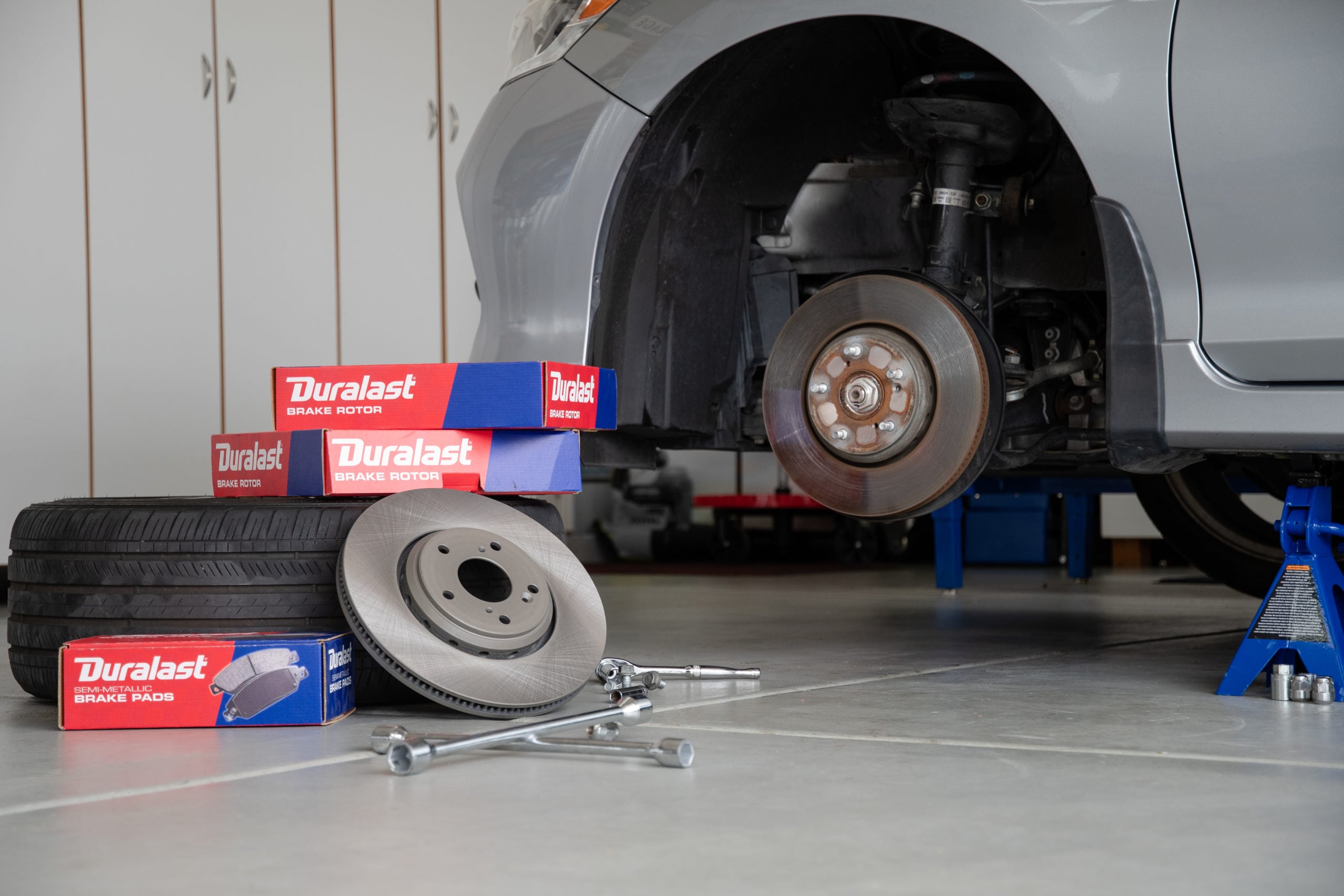
Credit: www.autozone.com
Frequently Asked Questions
How Much Does It Cost To Replace Car Brakes?
Brake replacement typically costs between $150 and $300 per axle. Prices vary by car model, brake type, and labor fees. High-performance or luxury vehicles may cost more. Always get a detailed estimate before service to avoid surprises.
What Factors Affect The Price Of Brake Replacement?
Costs depend on brake pad quality, rotor condition, and labor rates. Some cars require more expensive parts or extra labor. Location and mechanic expertise also influence prices. Regular maintenance can reduce overall brake replacement costs.
How Often Should Car Brakes Be Replaced?
Brake pads usually last 30,000 to 70,000 miles. Driving habits and road conditions affect wear. Listen for squealing or grinding sounds as signs to check brakes. Regular inspections help ensure timely replacement and safe driving.
Can I Replace Car Brakes Myself To Save Money?
DIY brake replacement saves labor costs but requires tools and skill. Improper installation risks safety and may damage your vehicle. Beginners should consult guides or professionals. Always prioritize safety when working on brakes.
Conclusion
Changing car brakes can cost different amounts. It depends on the car type and parts used. Labor charges also affect the total price. Regular brake checks help avoid costly repairs later. Choose quality parts for safety and long use. Don’t wait if brakes feel weak or noisy.
Taking care of brakes keeps you safe on roads. Knowing the costs helps you plan your budget well. Stay alert and maintain your car brakes often. Safe driving starts with good brakes.

